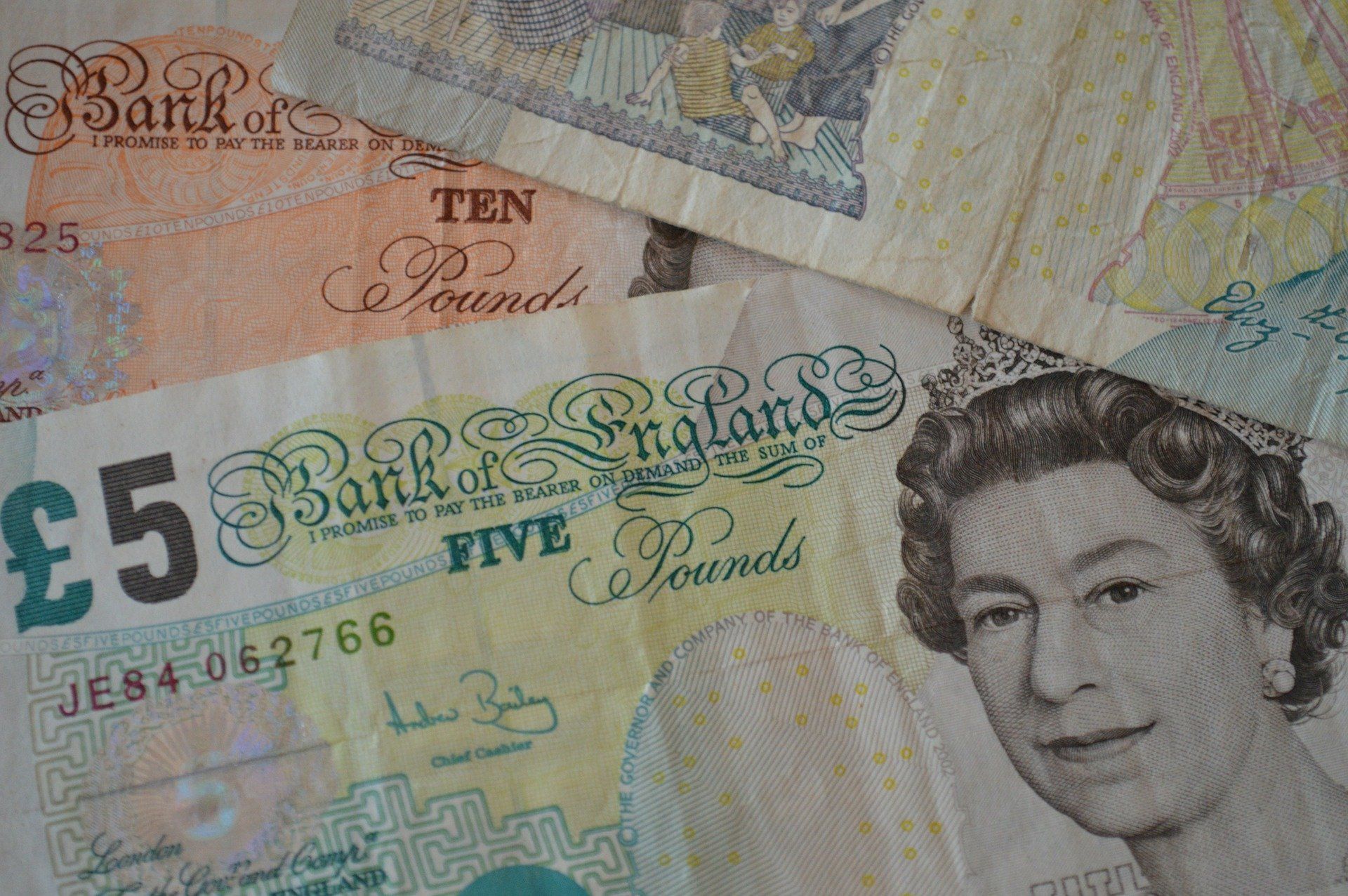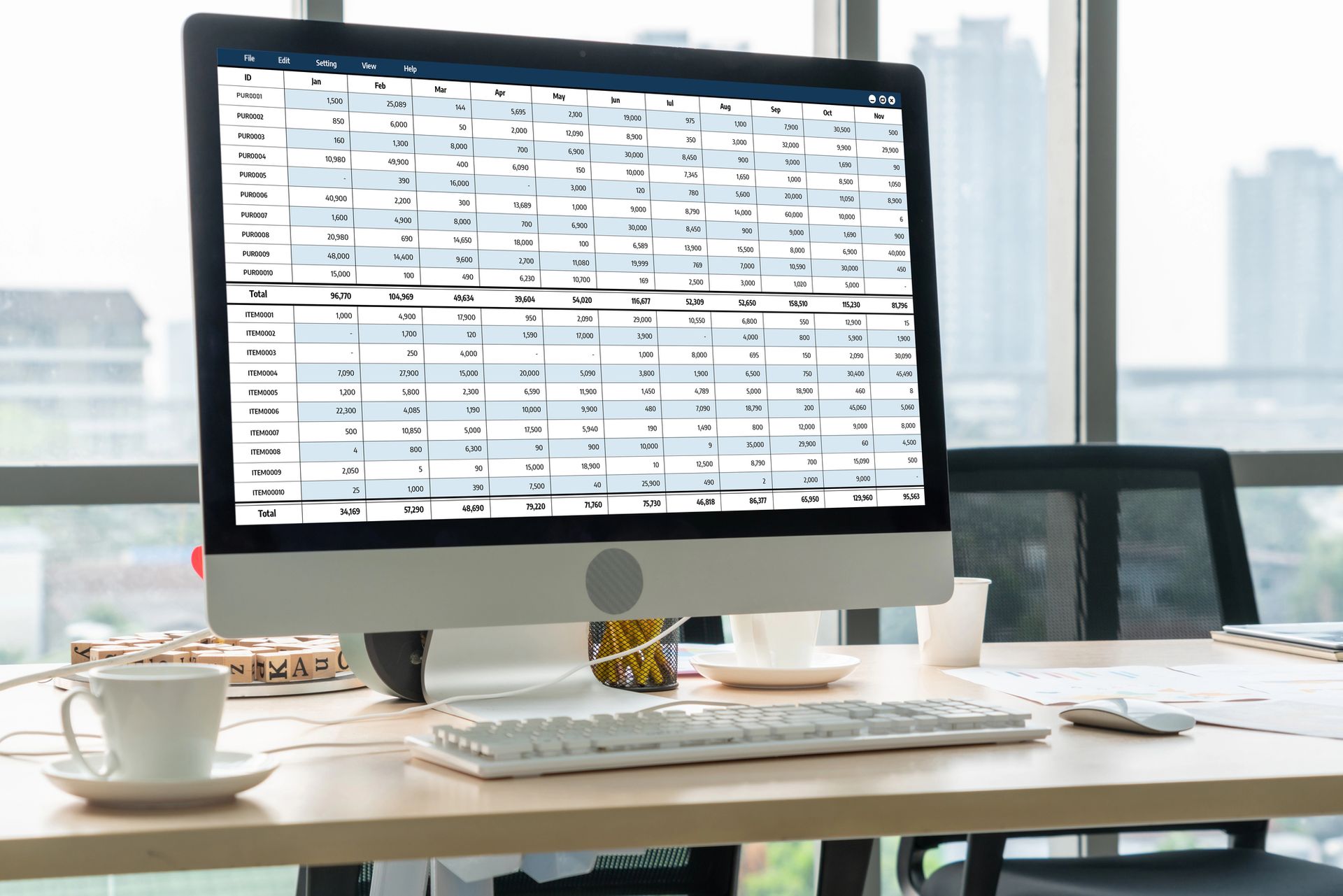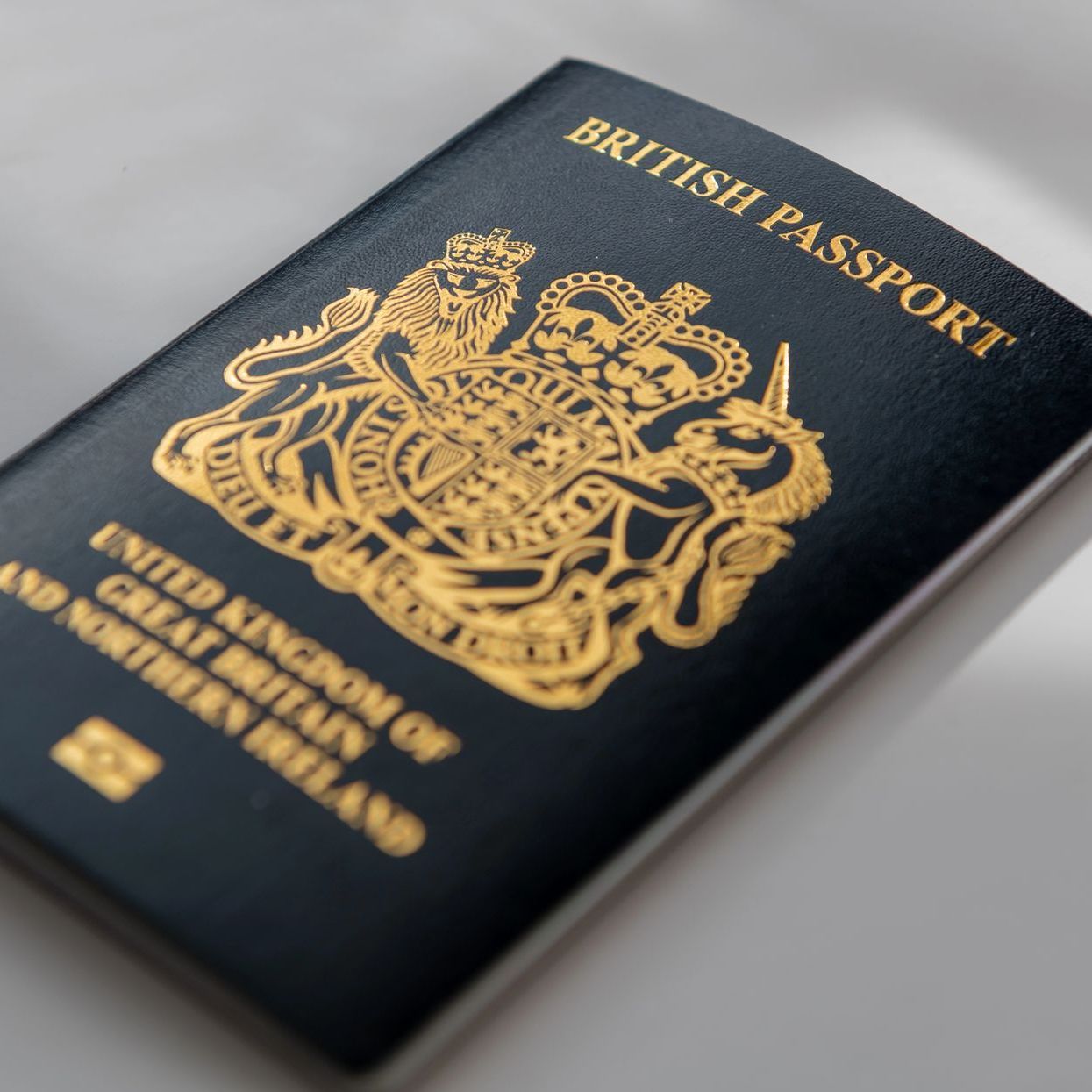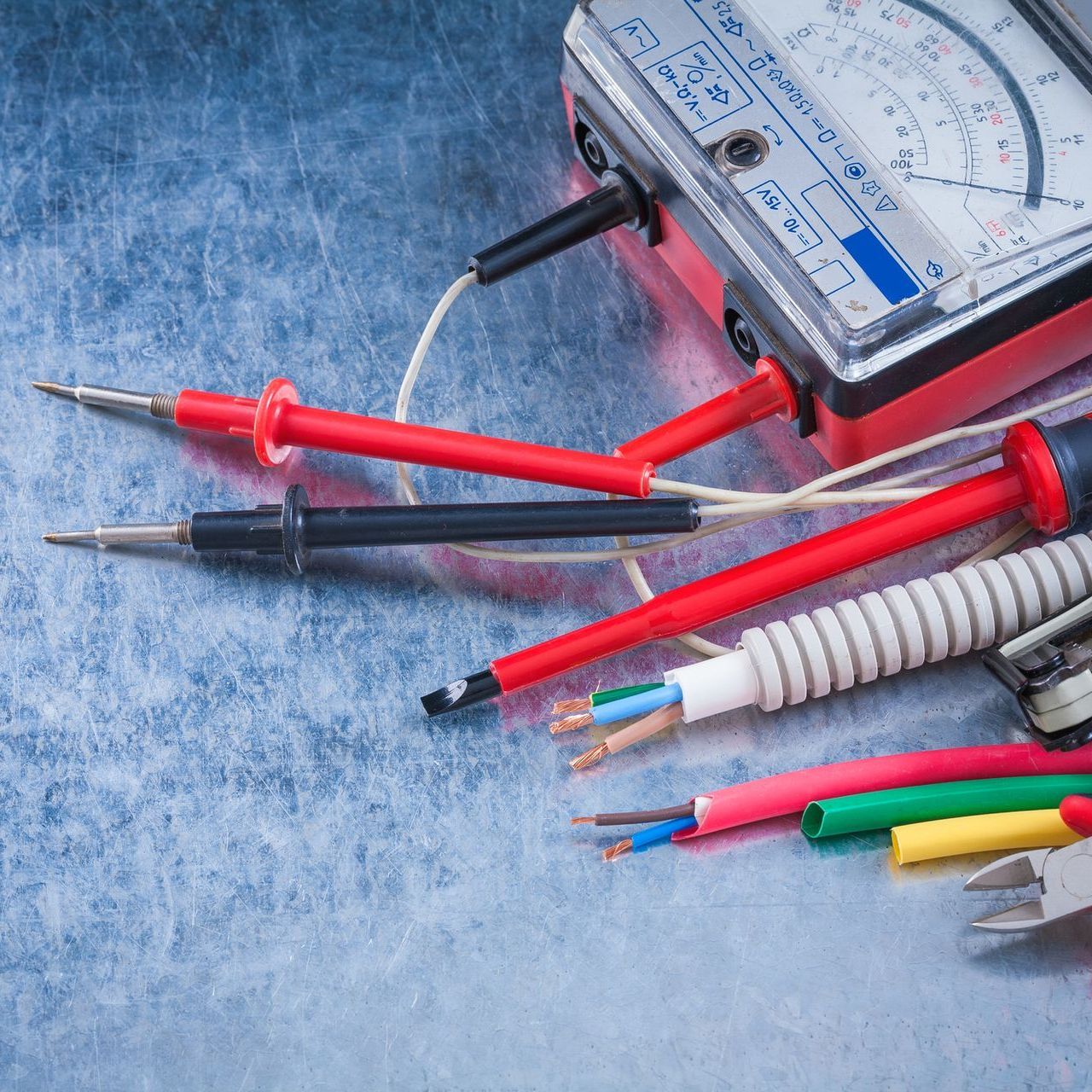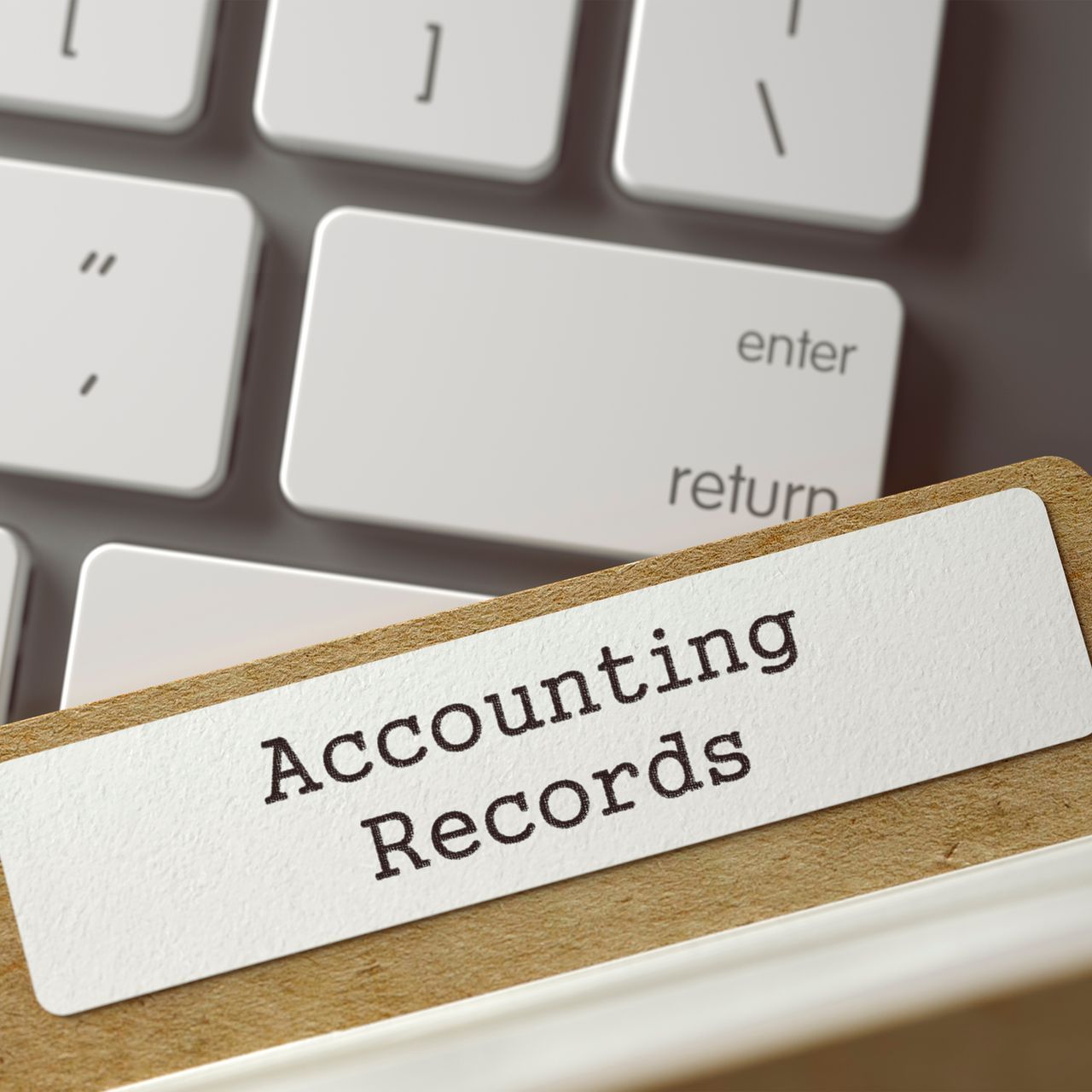Can I arrange extra time to pay my tax bill?
Obviously, it is better not to get to the point where you can’t afford to pay HMRC what you owe but there are times when it happens. If it happens to you, it is possible to arrange to pay HMRC over a slightly longer period of time although it really should be thought of as a last resort. This scheme is only for businesses that are fundamentally profitable, and you may need to justify this with cashflow forecasts in order to come to an arrangement.
The “Time to Pay” arrangement is a one-off concession granted by HMRC – it is not something that can be repeated for further submissions if you find you can’t pay them another debt. The arrangement is a formal agreement with HMRC and as part of it you will be expected to
- Answer questions as to why you can’t pay your tax in full and on time and the agreement will only be granted if you have a reasonable excuse, especially in the case of VAT where you are simply collecting money on behalf of HMRC.
- Use any savings or investments you may have to pay the outstanding amount.
- Agree that all future tax liabilities will be paid on time and in full, so you need to make sure you are able to continue to meet the repayments.
Before you attempt to make the arrangement, be aware that you can only include specific returns in your arrangement so you need to submit the return before the agreement can be put in place. Some returns take longer to process than others, so it is best to wait 48 hours between submission and seeking an arrangement.
If you are trying to arrange time to pay your self-assessment tax bill, you can use the online service here. For any other taxes, the best way of arranging a Time to Pay arrangement is to speak to the Business Payment Support Service at HMRC on 0300 200 3835. Each member of the team has the authority to come to an arrangement with you but be prepared to sign up a direct debit agreement there and then as you may get a different person and therefore a completely different response if you phone back later. If you get the direct debit set up before the tax payment is due to be made, you will avoid any penalties and surcharges.
It is up to you to make a proposal to HMRC and they will then tell you whether they are able to accept it or not. Be clear about how much you can pay immediately and how long you think it will take to pay the rest. The timescale for the payment can be negotiated with HMRC; they do have upper parameters but don’t disclose them. In my experience, any proposal over a period longer than 12 months is likely to be rejected.
Hopefully you will never get into the situation where you need extra time to pay HMRC, but it can happen. Although this option is a final resort, it can be a useful tool to get you back on track.
If your company is unable to pay its debts as they fall due, then your company may be insolvent and you should talk to an insolvency practitioner. You can find an ICAS registered insolvency practitioner here .
Image by PDPics from Pixabay




